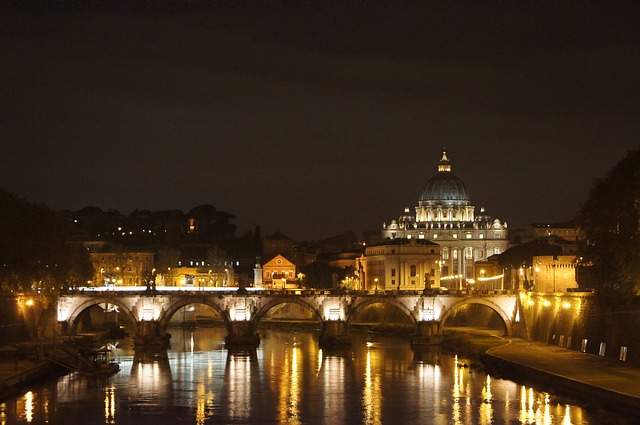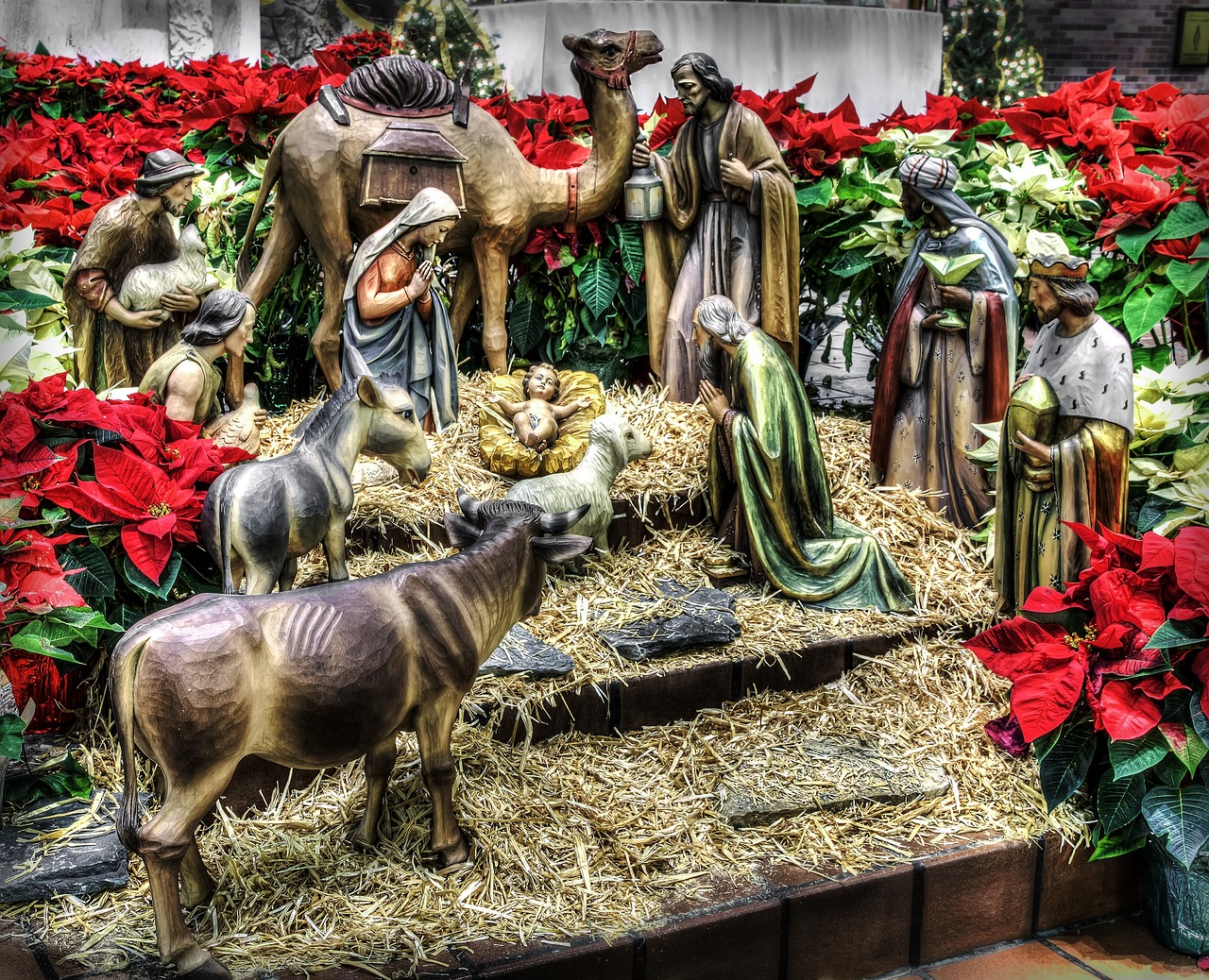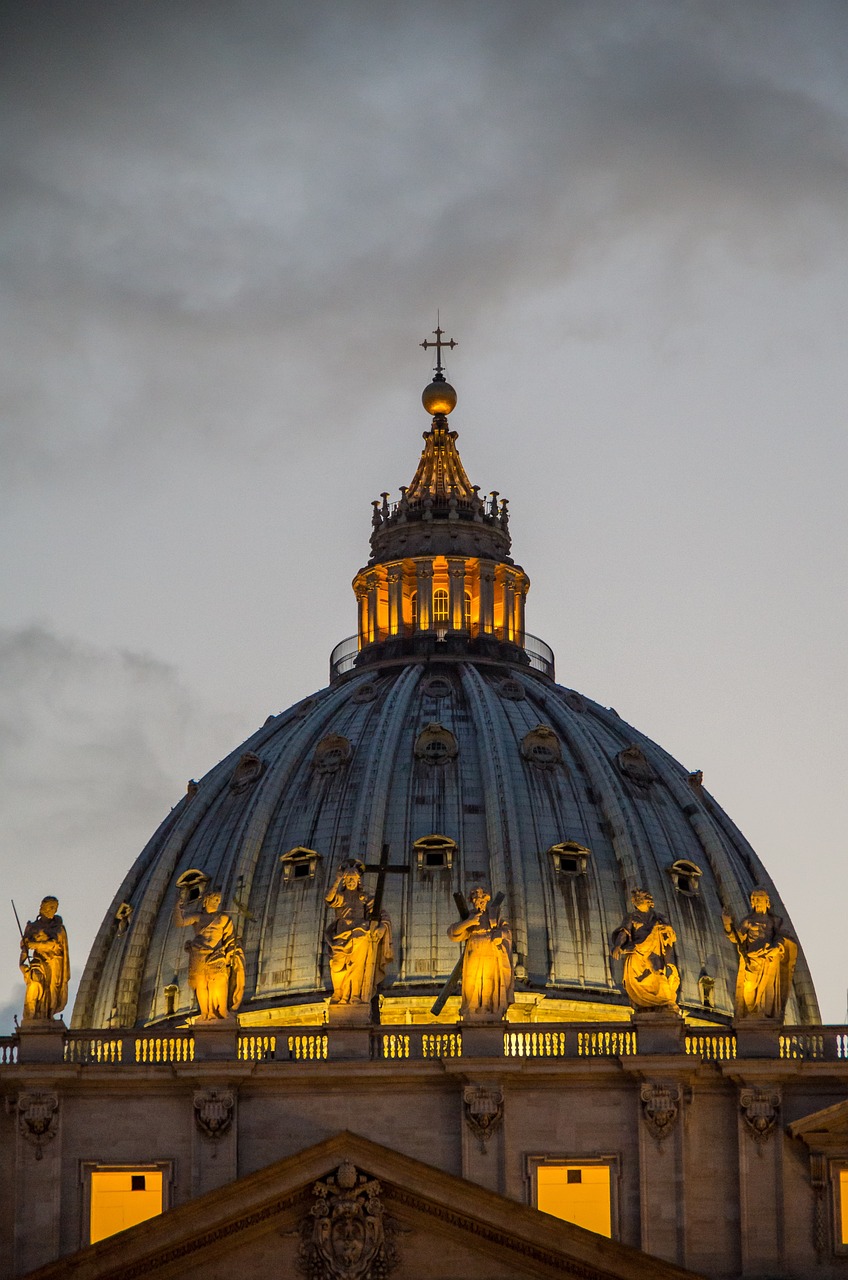
“Unveiling the Power and Significance of the 12 Days of Christmas: Exploring Twelvetide in Christianity”
You will be amazed to know 12 days of Christmas also called as Twelvetide which carries deep religious and symoblize the joyous celebration of Jesus’ Birth.
It is remarkable to note that the in Christan culture “Holy Days” referes to Twelvetide and to some specific parts. Do you know it was refered as ‘Holy nights’. It was learnt that it was due to people used to leave their daily work and used to dedicate themselves fully to adore the birth of Jesus Christ and his baptism.
Before we continue further you should know the meanings
-
What is Nativity?
-
What is Theophany?
Nativity refers to refers to the accounts of the Birth of Jesus. which is primarily based on the two accounts which describe Jesus being born in Bethlehem, in Judea, to a Virgin Mother named Mary in the Gospels of Luke and Matthew.

and Theophany refers to the Old Testament, theophanies—divine manifestations—are depicted as real historical occurrences or prophetic visions laden with symbolic meanings. What sets apart these biblical theophanies is the fleeting nature and abruptness of God’s appearance. Unlike an enduring presence confined to a specific location or object, these manifestations are marked by their transitory and sudden nature.
For better understanding of Christmas day, you can read here https://umpteennews.com/christmas-day-25th-december-jesus-christ/
If we look back to in the past you may find more intersting facts on Twelvetide, the 12 days of Christmas.
- In Russia Twelvetide is called as Svyatki which refers to light and divinity.
- Around 4th Century, the Church observed the Nativity on 25th December and Theophany on 6th January as separate event, yet the Orthodox tradition views these holidays as inseparable, constituting a continuous feast of 12 days of Christmas.
- In modern times, the observance of the 12 days of Christmas has evolved, yet the essence remains—a prolonged period of joyous, cherish time with loved ones, and continue the festivities. Some cultures incorporate specific customs or events for each of the 12 days of Christmas, ensuring a continuous stream of merry-making and jubilation.
- Twelvetide encourages celebration and reflection on the significance of Christ’s advent, suspending regular fasting on Wednesdays and Fridays during this period.
- The faithful are encouraged to minimize work during Twelvetide, focusing on essential tasks like meal preparation or caring for animals.
- The celebration is meant to be meaningful, emphasizing praise for Christ’s birth, through acts of worship, charity, visiting the sick, prisoners, elderly, orphans, and aiding those in need throughout the year.
What are the specific customs or events for each of the 12 days of Christmas?
The specific customs and events for each of the 12 days of Christmas can vary depending on cultural traditions and regional practices. However, here’s a general overview of some customs associated with each day:
- December 25th – Christmas Day: Celebrations typically include attending church services, exchanging gifts, enjoying a festive meal with family and friends, and decorating Christmas trees.
- December 26th – Boxing Day/St. Stephen’s Day: In some countries, this day is known for acts of charity or giving to the less fortunate. It’s also a day for sports events, sales, and gatherings.
- December 27th: Some cultures observe this day as a time for reflection, remembering the Feast of St. John the Evangelist or focusing on family activities.
- December 28th – Holy Innocents’ Day: Commemorates the massacre of young male children by King Herod in Bethlehem. In some cultures, this day is associated with pranks and practical jokes.
- December 29th: A day often dedicated to religious contemplation or visiting family and friends.
- December 30th: In some traditions, this day is marked by community events, cultural performances, or festive gatherings.
- December 31st – New Year’s Eve: Celebrations include parties, fireworks, and countdowns to welcome the New Year.
- January 1st – New Year’s Day: Many cultures observe this day with traditional meals, parades, and special religious services.
- January 2nd: Often seen as a continuation of the festive spirit, with gatherings, outings, and relaxation.
- January 3rd: A day for various activities, such as outdoor adventures, cultural events, or charitable endeavors.
- January 4th: Some cultures use this day to engage in acts of kindness, volunteer work, or to honor local traditions.
- January 5th – Twelfth Night: In some traditions, this marks the end of the Christmas season. It can include special church services, bonfires, or the removal of Christmas decorations.

A visit to the greatest church in Christendom St Peter’s Basilica


4 Responses